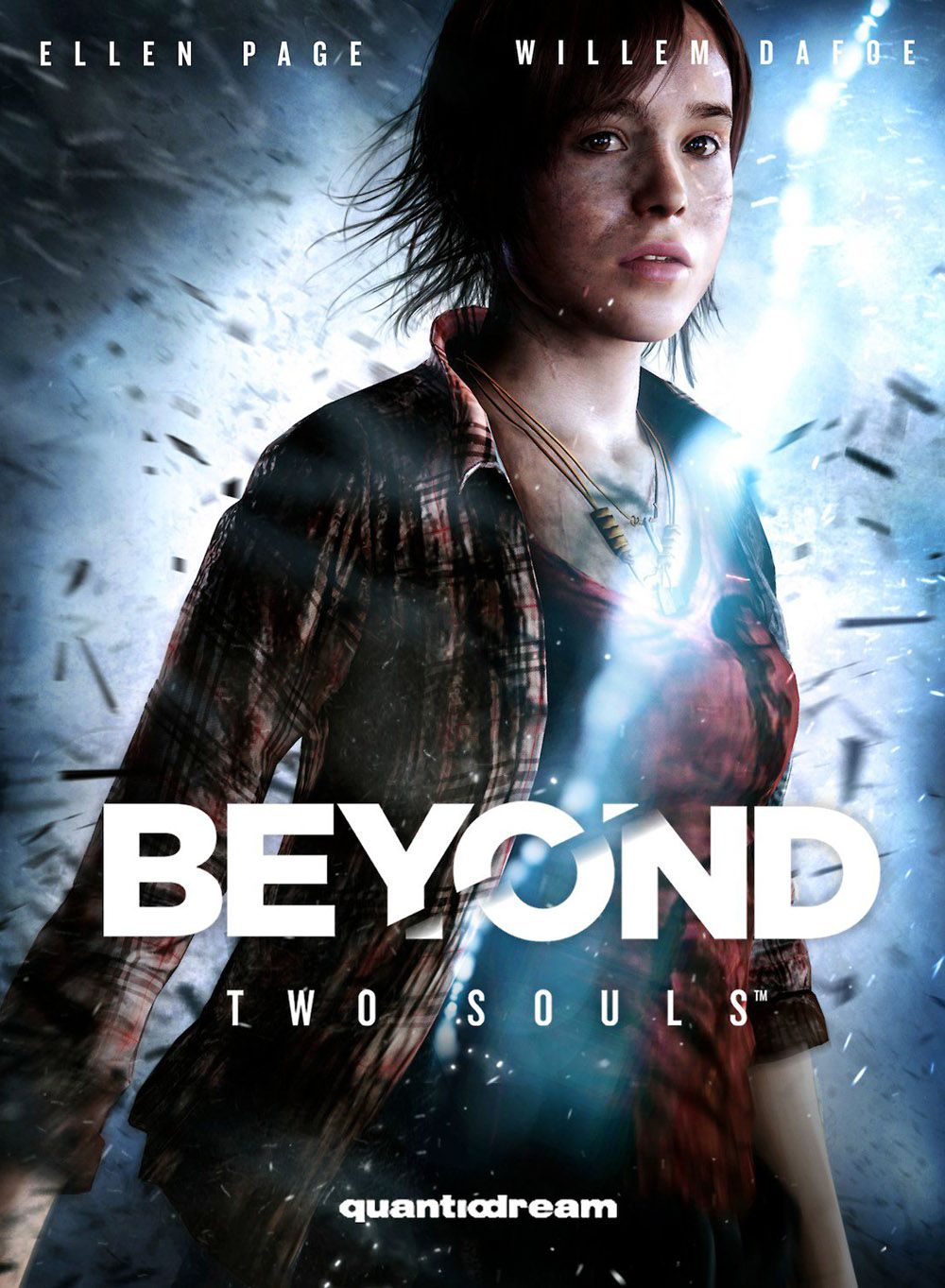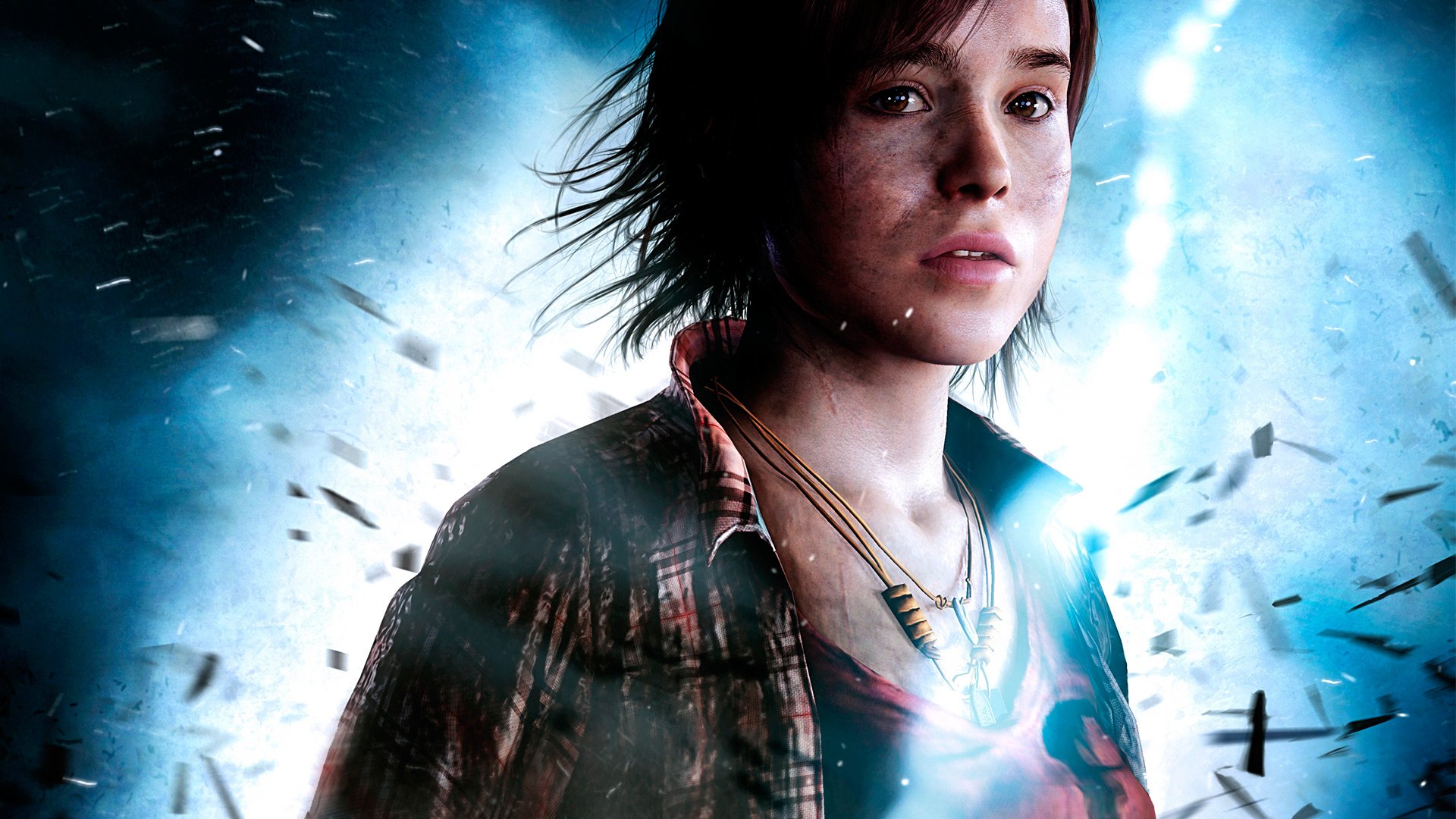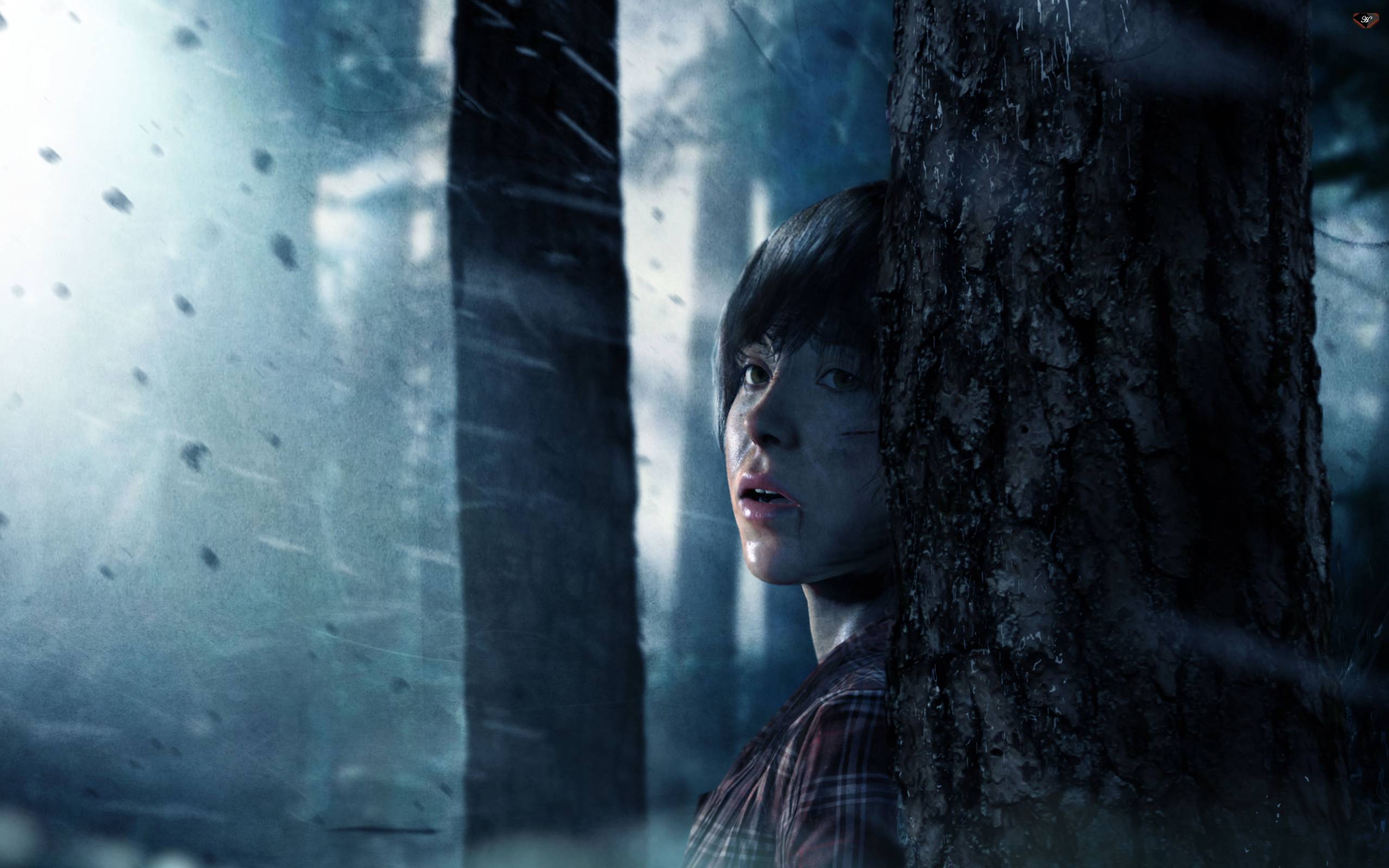

On the contrary, there are quite a few moments where Jodie seems to absolutely forget deeply held beliefs she held relatively recently in story time in favor of a narratively convenient amnesia. Jodie never really develops any new traits or wrinkles to her character based on past experiences. There's a disappointing lack of growth to Jodie as a character she just kind of pinballs from one manipulatively melodramatic moment to the next, expressing a literal grab bag of vaguely correct emotions at the right times (and I mean literally: you often get to choose the emotion from an on-screen grab bag). AdvertisementĮnlarge / This is the part where you're supposed to feel something.

There are constant moments where the music swells, characters' faces get scrunched up, and the game practically throws up a big metaphorical sign saying "Feel something, dammit!" Only you feel nothing, because the plot and writing are way too overwrought and earnestly direct, and because the game never really succeeds at making Jodie a relatable and believable character with interesting motivations or reactions. Through it all, there's a sense of explicit emotional manipulation. It doesn't help that the story is written and presented with all the subtlety and artificial gravitas of a high school freshman trying to write something Important-with-a-capital-I. There's usually only the thinnest of segues connecting these highly disparate set pieces, and you'll struggle to assemble them into anything greater than the parade of storytelling clichés and badly rendered tropes that they are. The next you're working on a ranch, setting up your apartment for a dinner date, overthrowing an African dictator, or saving the world from an accidentally apocalyptic machine (this last one shows up a few times, actually).

One moment you're helping someone give birth. Each new scene is a melodramatic set of events that get thrown at Jodie with little to no organic connection to what came before. As it stands in Beyond, though, the narrative jumps seem random and meaningless, never adding up to more than a series of disjointed and barely connected vignettes throughout Jodie's life. In better hands, I could see it being used to create a strong sense of dramatic irony, giving the player information that the characters don't have or creating intrigue by showing characters reacting to moments the player has yet to experience. The time-jumping structure is an interesting concept. Their story is told in a series of disjointed flashbacks to Jodie's memories, jumping backward and forward in time in a way that slowly fills in a complete backward-looking story arc where we see her as an emotionally abandoned young girl, scientific test subject, (somewhat hard-to-believe) elite CIA agent, and incredibly predictable savior of the world. A mess of a storyīeyond is the story of Jodie, a "special" young woman (as we're told many a time), and Aiden, the invisible, ghostly companion that she sort-of-but-not-really controls (the game stresses that Aiden makes his own decisions, but Jodie is frequently seen directly controlling him). For a game as story-focused and gameplay-free as Beyond, though, it's downright unforgivable. This would be somewhat acceptable in a game where tight gameplay is the focus and where the story acts as nothing more than a glorified excuse to set up the next action scene. Instead, I mainly sleepwalked through a seemingly endless sequence of practically preordained story beats, struggling to care as I was dragged through a clichéd plot with no sense of meaningful agency. I rarely if ever stopped to consider a choice in Beyond: Two Souls, Quantic Dream's much-anticipated, PS3-exclusive follow-up to Heavy Rain. The result of this sprawling-but-never-out-of-control narrative structure was a game that gave a real sense of tension to even small decisions, one where I frequently paused and carefully considered my options before choosing what to do next. Few other games before or since have combined such cinematic storytelling with so many meaningful choices, with consequences that echo heavily through the game even to the point of allowing for the death of one or more of the multiple protagonists. For all the problems with its characterizations and story structure (and there were quite a few), the game was notable for a free-flowing narrative that responded and adapted to player choices well past the point that other games would have forced a "Game Over" and a reload from the last checkpoint. In 2010, Heavy Rain changed the way I looked at game narratives. Links: Official website | PlayStation.blog


 0 kommentar(er)
0 kommentar(er)
